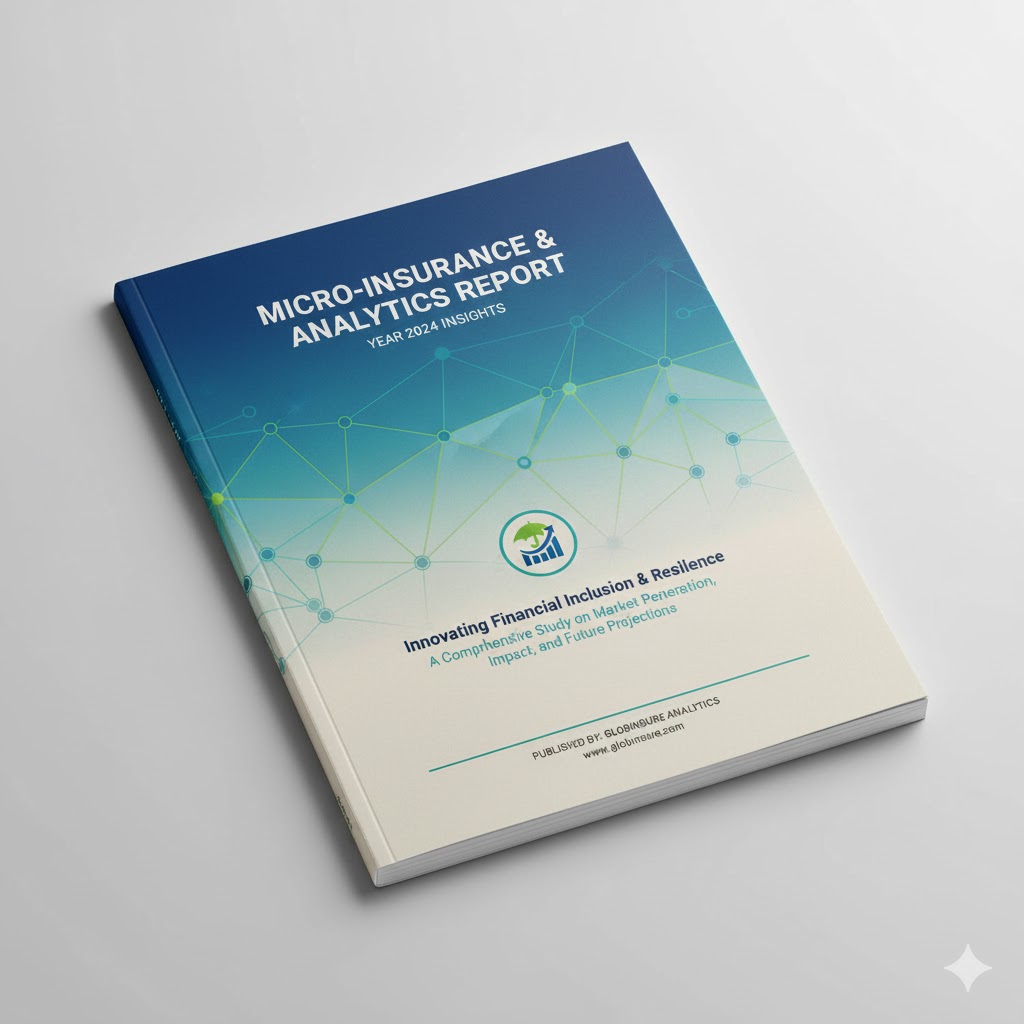Displaying 1 - 5 of 5

INSULAR LIFE, PHILIPPINES – The case for insuring women for a better tomorrow
Insular Life, Philippines – This case study showcases how Insular Life (InLife), a leading life insurer and health maintenance organization in the Philippines, partnered with IFC and the Women Entrepreneurs Finance Initiative (We-Fi) to better serve Filipino women. Their gender-focused strategy positions InLife as both an inclusive insurer and an employer of choice for women. The report outlines their journey toward creating more accessible insurance solutions, workforce empowerment, and long-term impact on women's financial resilience.
Date d'émission
2021
Sujet (Produit)
Région

Lead Family Insurance by Lead Foundation in Egypt
Insurance Automation by Lead Foundation in Egypt. This case outlines the economic and poverty context in which the intervention took place, including the project's approach to capacity building and automation. It highlights both the results achieved and not achieved, and captures key lessons learnt in delivering health and credit life insurance to underserved populations.
Date d'émission
2020
Sujets
Sujet (Produit)
Région

Making Climate Risk Microinsurance Work. Case Study: MiCRO & Aseguradora Rural (AR), Guatemala
Partnership between MiCRO and Aseguradora Rural to deliver parametric climate microinsurance to smallholder farmers and microentrepreneurs in Guatemala through bundled loans.
Date d'émission
2022
Sujets
Sujet (Produit)

Skyline Partners: Protecting Jamaican Credit Unions from Tropical Cyclones with FatTrack™ Parametric Insurance: Timely Payouts During Hurricane Beryl
The document presents a case study on Skyline Partners' FatTrack™ parametric insurance solution, designed to protect Jamaican Co-operative Credit Unions (JCCUL) from financial risks associated with major hurricanes. Utilizing independently reported wind field data, the solution offers precise and timely payouts, as demonstrated during Hurricane Beryl.
Date d'émission
2025
Sujets
Sujet (Produit)

World Food Programme's Sahel Climate Catastrophe Layer
The document describes the Sahel Climate Catastrophe Layer (SCCL) by the World Food Programme (WFP), a parametric insurance covering vulnerable populations against extreme droughts in Burkina Faso, Mali, and Niger. The initiative enables rapid, pre-financed disaster response, complements national risk financing tools, and strengthens regional climate resilience.
Date d'émission
2025
Sujets
Région
